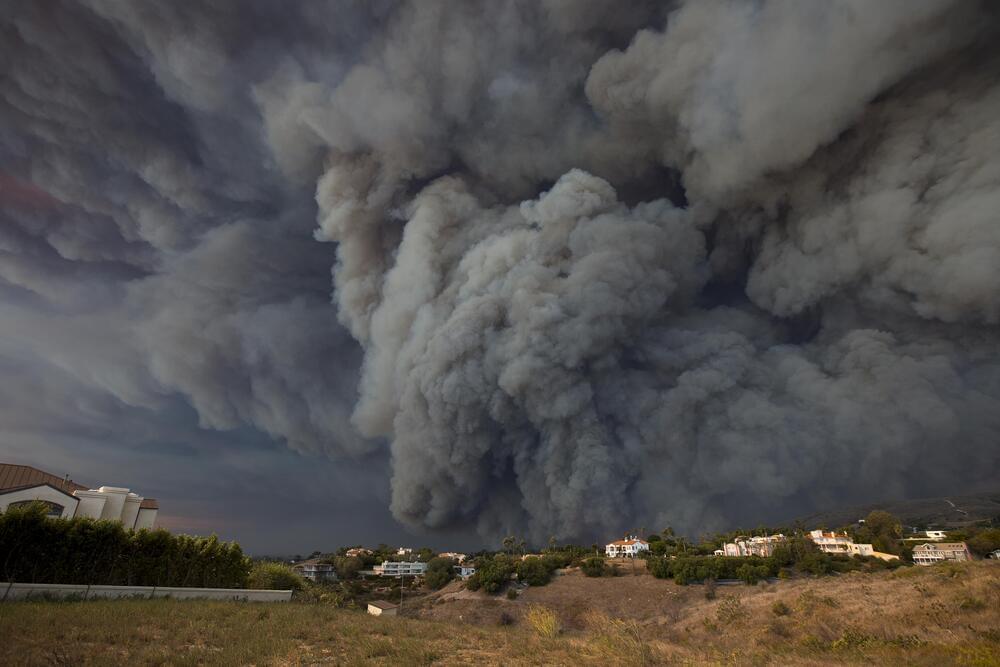Storytelling has evolved beyond mere narration—it’s now about immersion, interaction, and creating a deep emotional connection. Few organizations understand this better than National Geographic, a brand renowned for bringing the natural world to life through visually stunning, fact-driven content. With their latest digital experience, “Into the Amazon,” National Geographic has raised the bar even higher, blending cutting-edge technology with unparalleled storytelling to offer audiences a front-row seat to one of the planet’s most vital ecosystems: the Amazon rainforest.
At a time when the world’s environmental challenges are more pressing than ever, National Geographic’s “Into the Amazon” doesn’t just inform viewers; it transforms how we understand the Amazon’s role in the global ecosystem. This article explores how innovative technologies—such as interactive 3D mapping, augmented reality, and immersive media formats —are being harnessed to deliver a uniquely engaging experience. It also reflects on the broader implications for the future of digital storytelling, where technology and narrative merge to create impactful, lasting impressions.
As digital media continues to dominate, audience expectations have shifted. Passive consumption is no longer enough—today’s audiences crave interaction, engagement, and experiences that go beyond the screen. Immersive storytelling, particularly in the environmental and scientific fields, has emerged as a powerful tool to captivate and educate.







